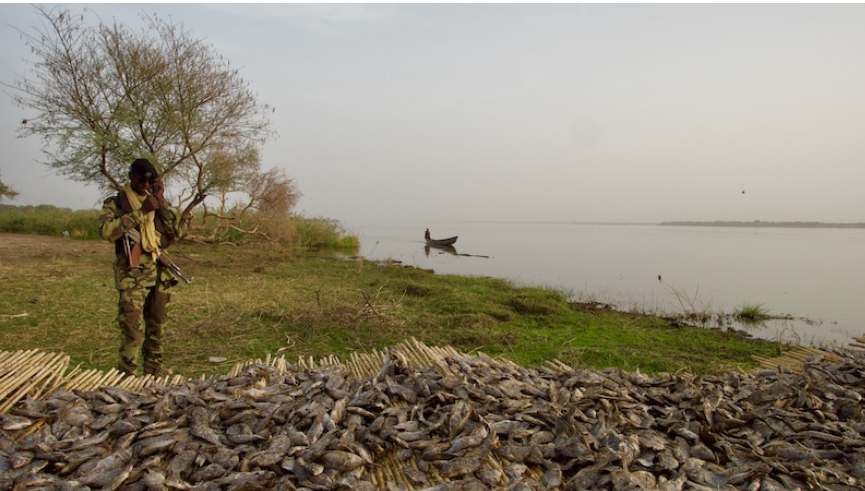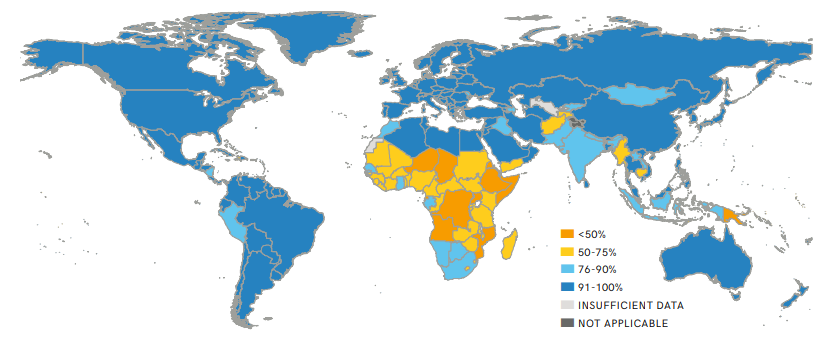Sustainable management in the River Nile?
Following last post, I was curious as to how trans-national water bodies have been managed. After viewing Planet Explore's fascinating video below, I felt the River Nile serves as an interesting case study. Video - River Nile geopolitics ( Planet Explore ) The River Nile (figure 1) passes through 10 countries in Africa serving a population of approximately 400 million. Referred to as the 'cradle of civilization', the Nile supports the water supply of over half of the basin's population. Irrigation dominates aggregate withdrawal at 75%, and is particularly crucial for Lower Basin countries where rainwater is limited ( Swain, 2011 ). Figure 1: The River Nile (Source: Hel-Hama ) Due to rising demands and uneven power relations, the Nile is susceptible to the 'water wars' outlined previously. But how has the River Nile been managed? Historically, Britain's colonial interests prioritised river flow to Egypt ( Laki, 1998 ). However, the 1960 Permanent Joint Te

